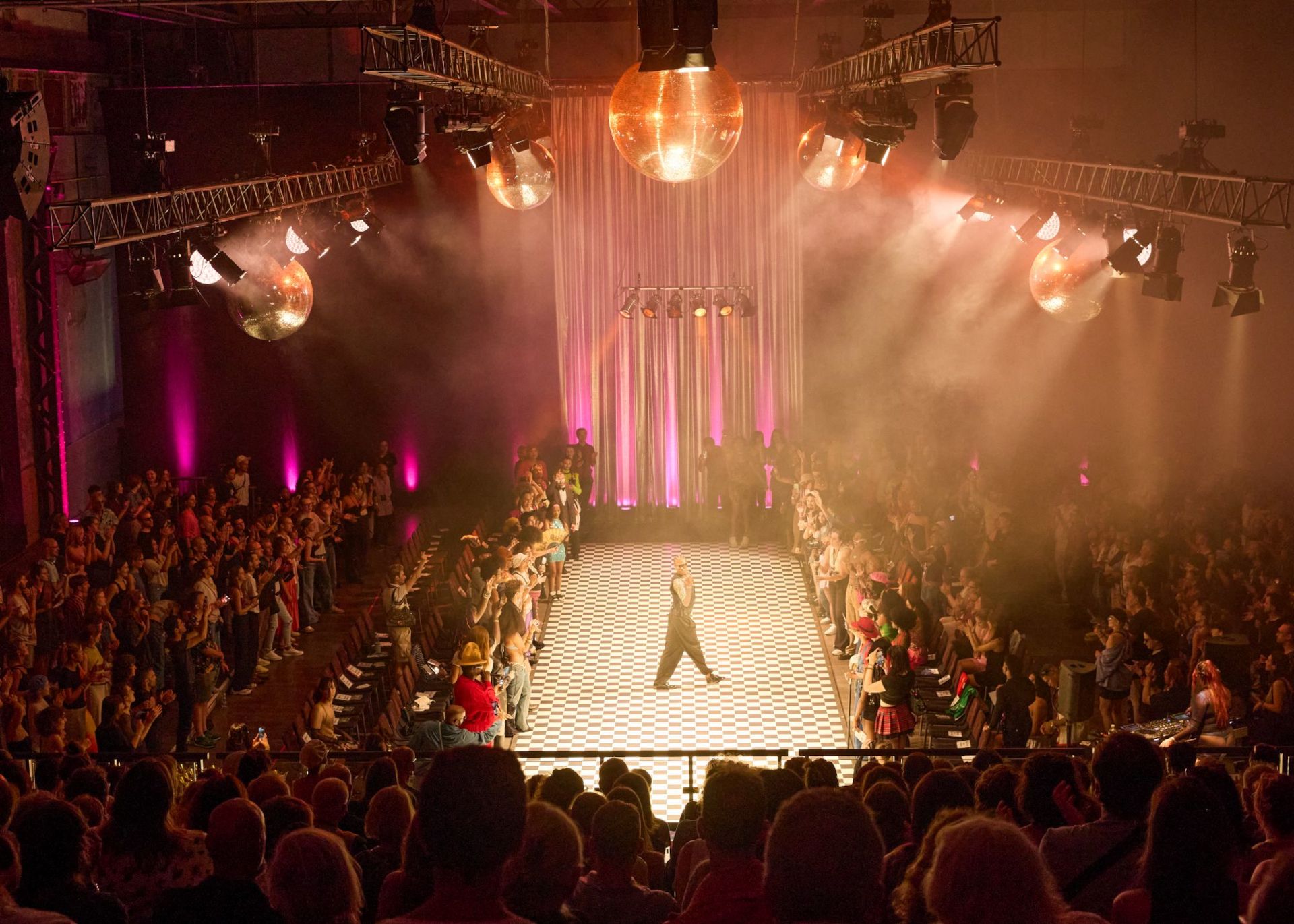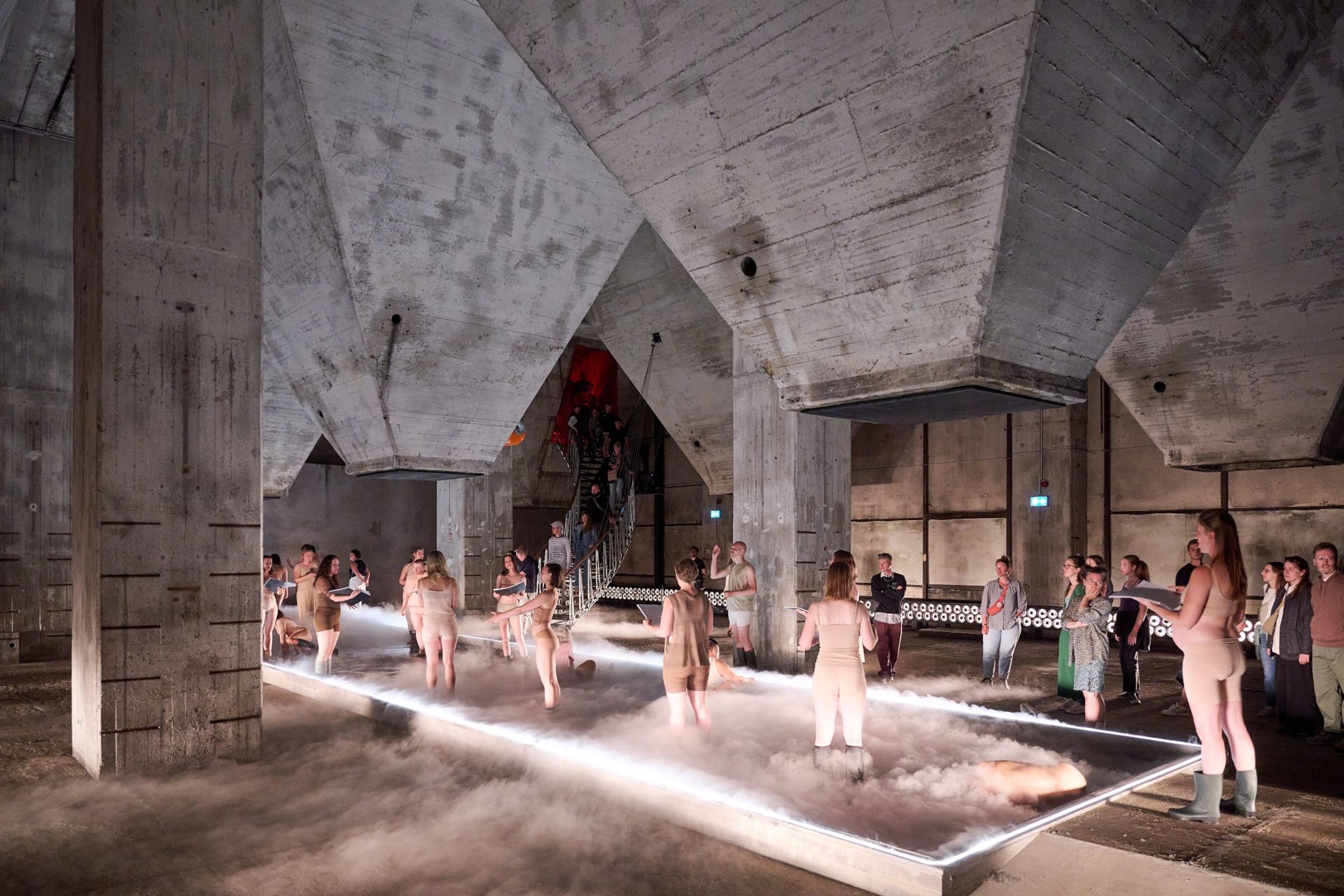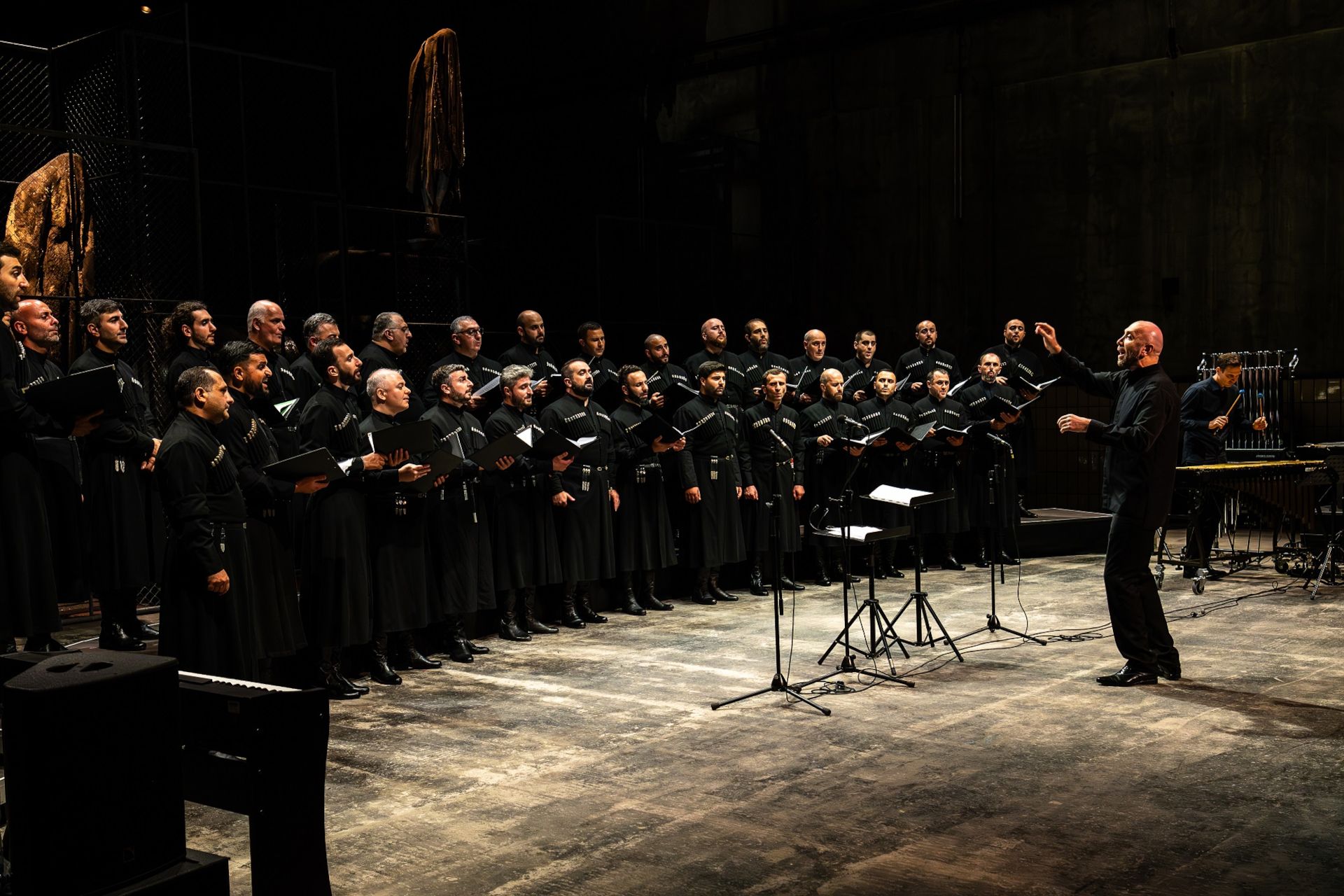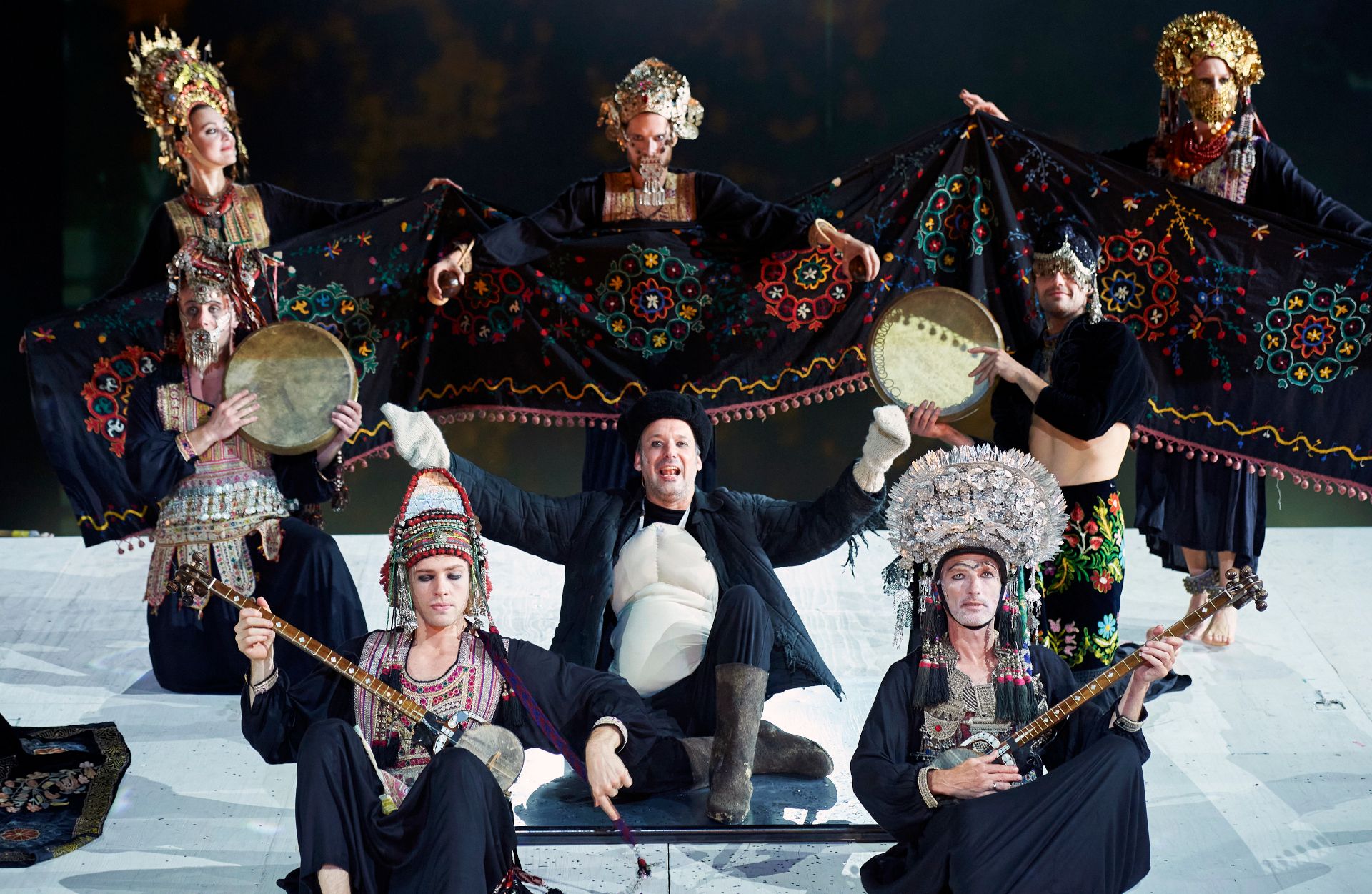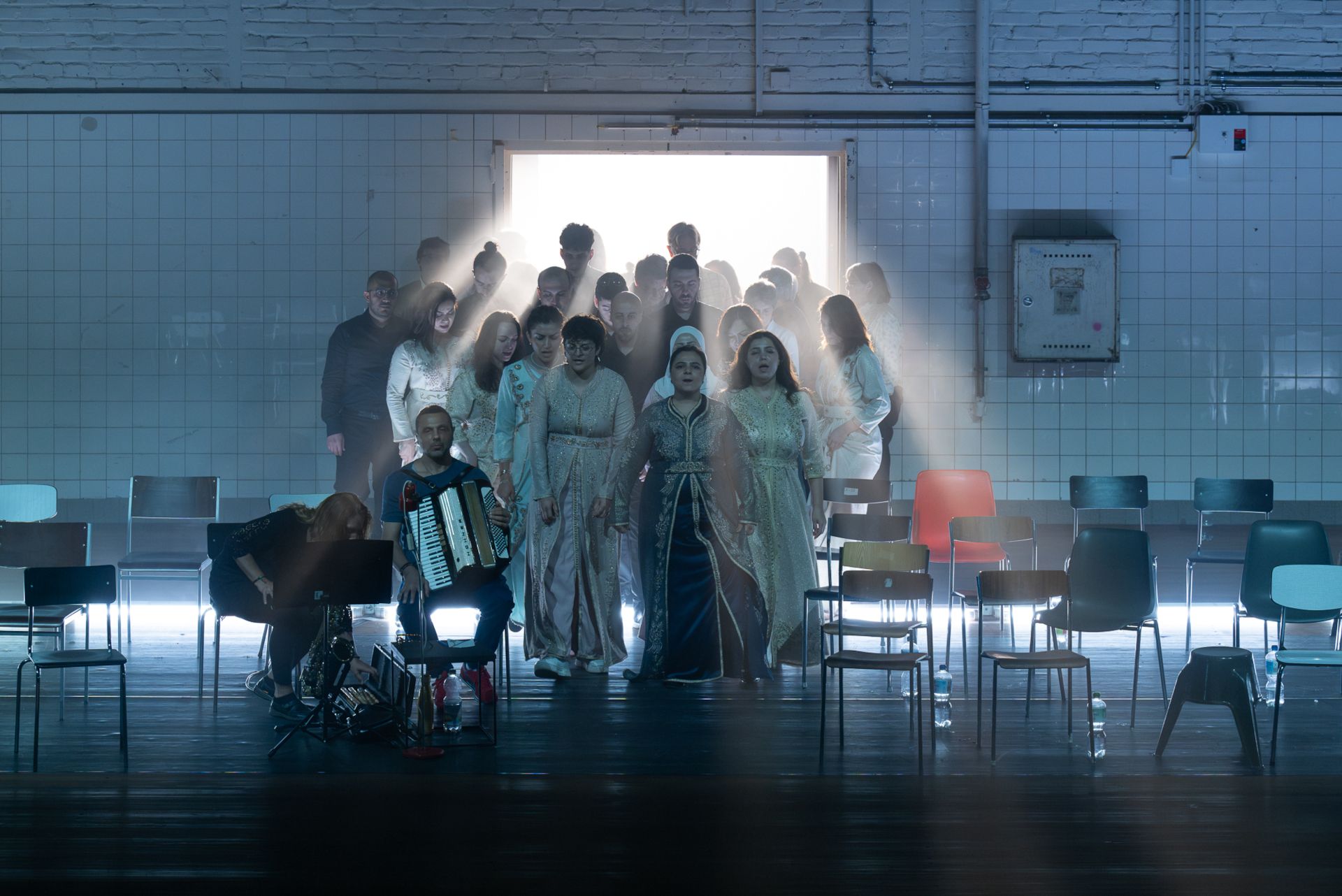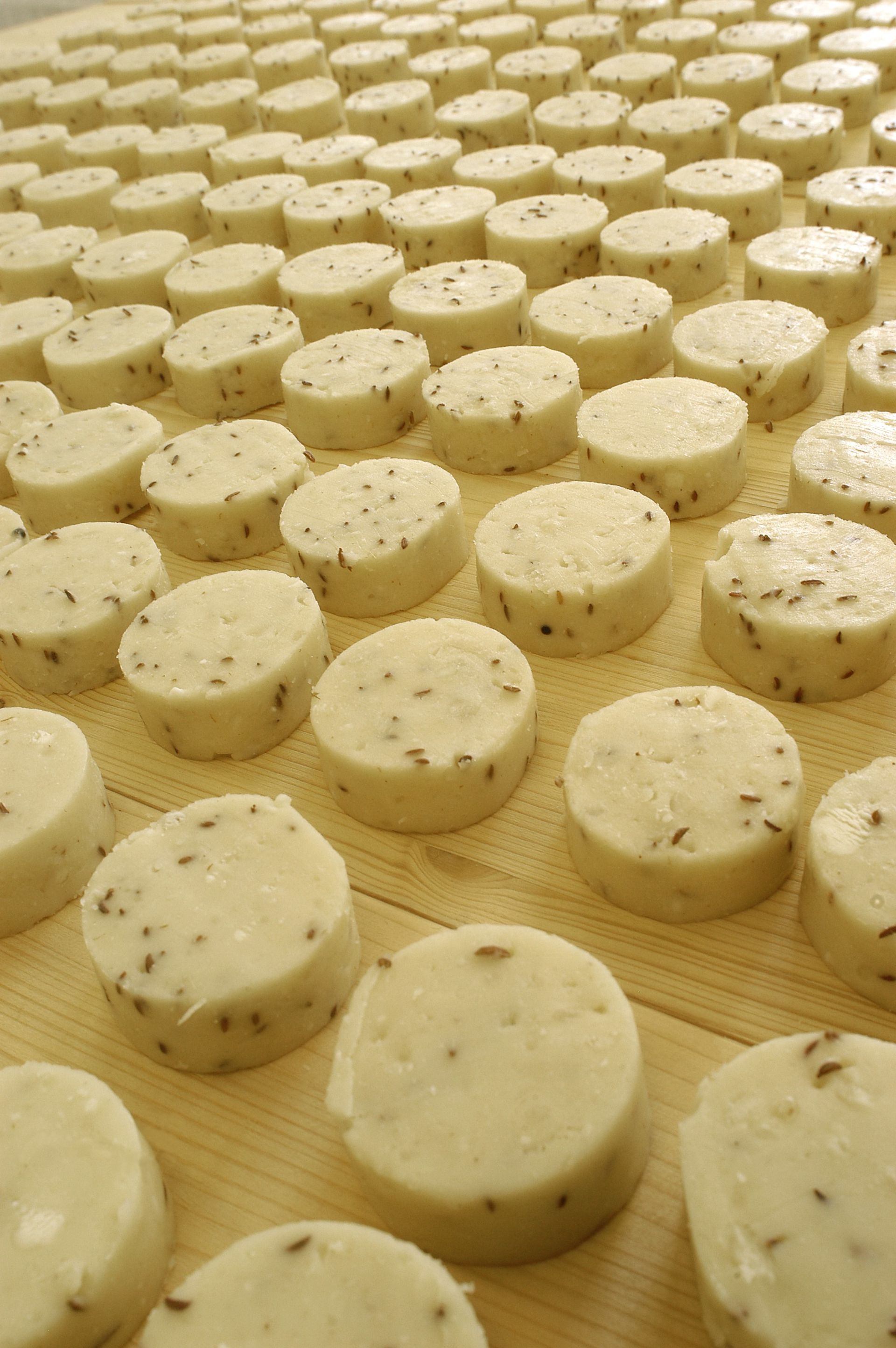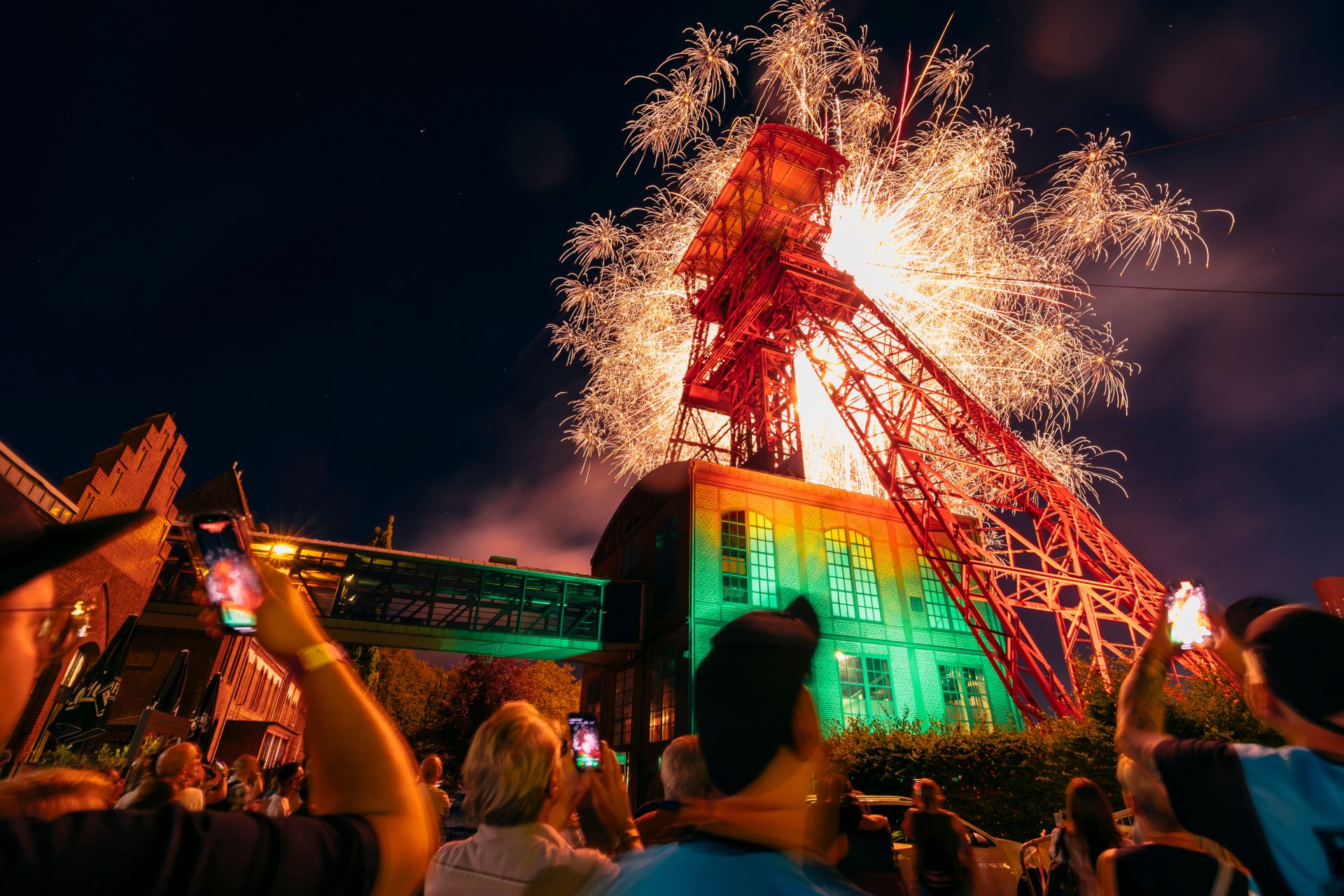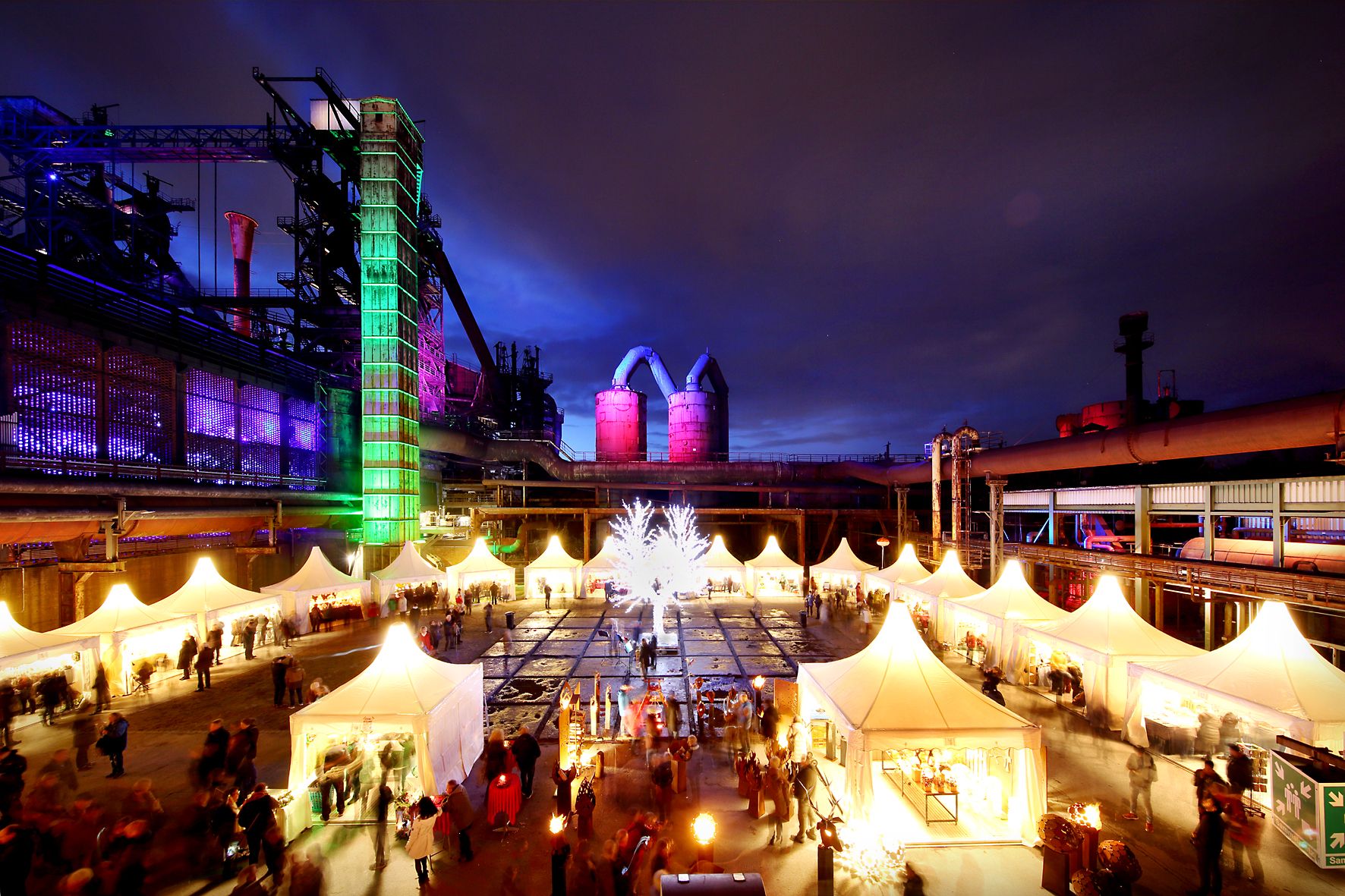It is not the red carpet of Bayreuth that visitors are rolled out here, not the social see-and-be-seen of Vienna and Salzburg.
But when it comes to the artistic quality of the Ruhrtriennale productions and the boldness of the program, from music theater to dance and performance to drama and concerts, the unconventional festival stands out from the European festival circuit.
Whether in the Duisburg-Nord Landscape Park, on the grounds of the Zollverein Coal Mine Industrial Complex or in the Jahrhunderthalle Bochum, which has become an unofficial festival venue, the Ruhrtriennale's venues are not just venues, but play a decisive role in shaping the artistic work.
The festival reinvents itself every three years
Founding director Gerard Mortier has called the often spectacular works "creations", which are also characterized by the industrial past of the extraordinary spaces across all artistic disciplines - by their vastness in their workshop-like versatility and by their unique atmosphere. The first Ruhrtriennale took place from 2002 to 2004 and the special spirit still pervades the still young festival history today.
Every three years, the largest cultural festival in North Rhine-Westphalia is all about starting again. A new program, a new aesthetic and a new artistic director every three years.
The festival reinvents itself in a fixed rhythm and yet gives each artistic director the opportunity to develop the program on a grand scale over three seasons. So far, every artistic director has succeeded in doing so.
Gerard Mortier, who founded the festival in a visionary way, Jürgen Flimm, Willy Decker, Heiner Goebbels and most recently Johan Simons have achieved much critical acclaim and sold-out venues with their programs. Stefanie Carp and Barbara Frey followed in the footsteps of their male colleagues and made headlines not only with their cultural program. In 2024, the Belgian theater director and artistic director of the Internationaal Theater Amsterdam (ITA) Ivo van Hove will take over the directorship of the Ruhrtriennale for three years.
The Ruhrtriennale can best be compared to the Festival d'Avignon or the Edinburgh International Festival: Away from the repertoire operations of the major theaters, the festival in the Ruhr region is primarily a production festival. The ambitious programme with around 30 major productions each year is therefore characterized above all by world premieres and new productions.
Christoph Schlingensief brought his provocative "Church of Fear" to the stage at the Ruhrtriennale, Bill Viola, as a video artist, made five angels ascend the interior walls of the Gasometer Oberhausen and Nurkan Erpulat created a theatrical sensation here as a young director with "Crazy Blood".
Great musical theater and acclaimed premieres
Above all, however, it is the lavish opera and music theater productions that also attract international audiences to the Ruhr region: Messiaen's "Saint François d'Assise" (2003), Zimmermann's "Die Soldaten" (2006), Schönberg's "Moses und Aron"(2009) and Wagner's "Tristan und Isolde" (2011) celebrated highly acclaimed premieres in the Jahrhunderthalle Bochum, which was set up especially for each production.
While cultural festivals elsewhere are suspected of being nothing more than venues for large-scale productions, the Ruhrtriennale consistently focuses on unique artistic experiences that are only possible in this form in North Rhine-Westphalia.
